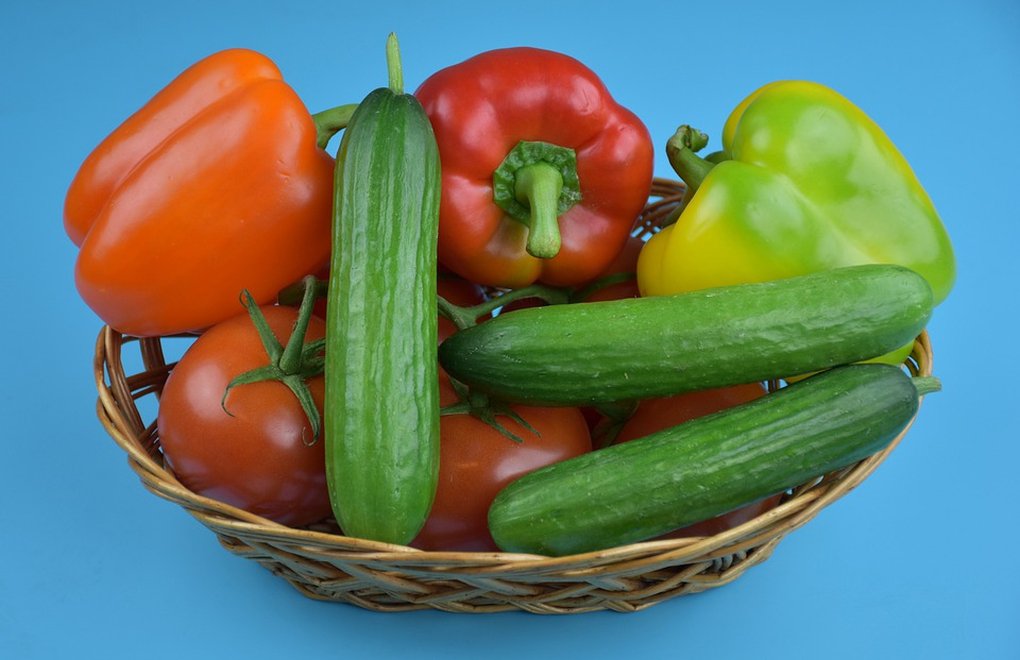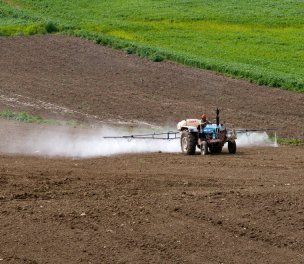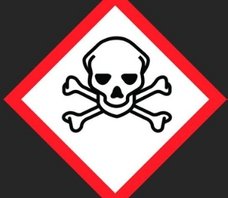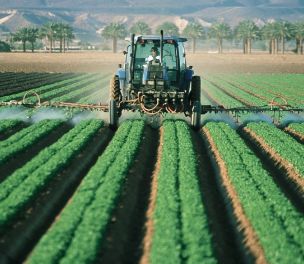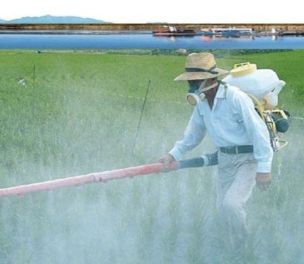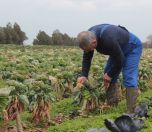Click to read the article in Turkish
Examining 90 samples of tomato, cucumber and pepper, Greenpeace Mediterranean has released a report entitled "The Danger on Our Table: Pesticides."
The samples were obtained from five large grocery chains and one local bazaar in August, October and November last year. An internationally accredited laboratory examined the samples, looking for traces of 620 types of pesticides, the report said.
CLICK - Pesticide Usage Increases by 57 Percent in Last Decade
Here are the findings of the report:
- Traces of banned pesticides were found in 15.6 percent of the samples.
- While 56 types of pesticides were found in samples taken in August, it nearly doubled in samples taken in October (96) and tripled in samples taken in November (139). Higher amounts of pesticides are seen in vegetables and fruits that were bought out of their growing season, the report noted.
- While traces of five or more types of pesticides could not be found in any of the samples that were taken in August, traces of 14 different pesticides were found in a single green pepper that was taken in November.
- Traces of at least one type of pesticide that has an effect on the hormonal system were found in 52 percent of the samples.
- Traces of pesticides that are harmful to aquatic organisms, bees, algae and beneficial insects were found in 49 percent of the samples.
- Samples taken from grocery stores were 14 percent riskier than samples taken from local bazaars.
- 42 percent of the samples contained traces of pesticides that cause biological accumulation in nature and the toxic effects of which last for long periods of time.
- Traces of pesticides that cause problems to pesticide operators were found in a third of the samples.
- 77 of the 90 samples contained pesticides that were "blacklisted" by Greenpeace in 2016.
'Poison is on our table'
Greenpeace Mediterranean Food and Agriculture Project Manager Berkan Özyer said, "There is poison on our table. We feed our children and our loved ones with chemicals that are banned and need to be collected, shouldn't be used."
"The results of this analysis, which we conducted on the most basic supplies in our kitchen, show that urgent action should be taken.
"We should be able to consume clean and healthy food without poisonous chemicals and being dependent on exports," he said, suggesting the implementation of what Greenpeace calls an "ecological agriculture model."
"Strong agricultural policies are needed to implement and control this model. With the ecological agriculture model, we can both save farmers from the pesticide deadlock and access healthy food." (PT/VK)




